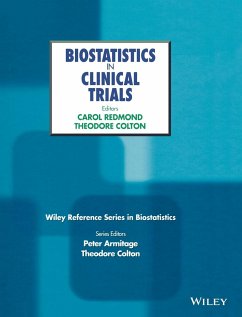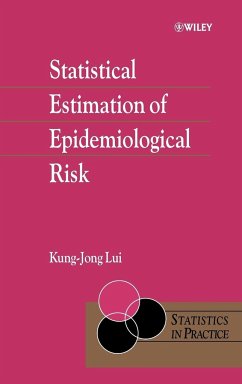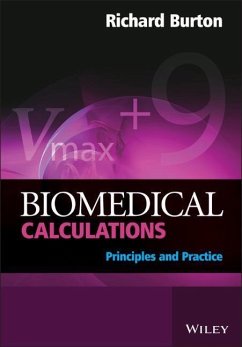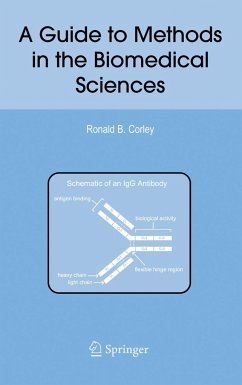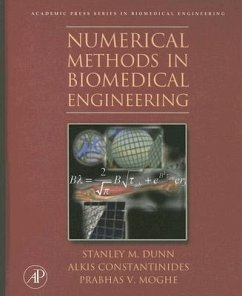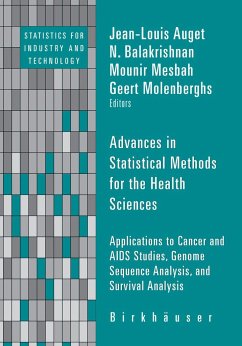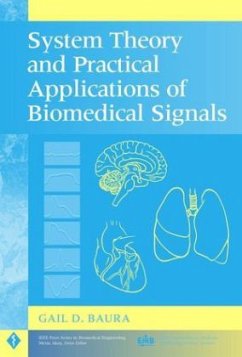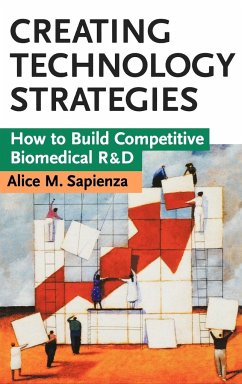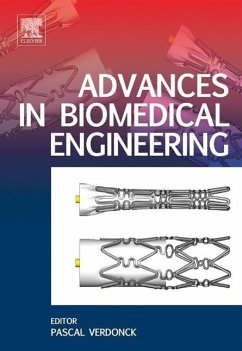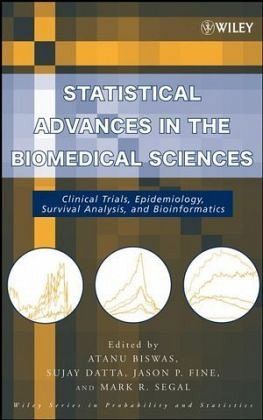
Statistical Advances in the Biomedical Sciences
Clinical Trials, Epidemiology, Survival Analysis, and Bioinformatics
Herausgegeben: Biswas, Atanu; Datta, Sujay; Fine, Jason P.; Segal, Mark R.

PAYBACK Punkte
92 °P sammeln!
This book compiles 30 carefully prepared and peer-reviewed articles form eminent researchers in the modern-day biomedical sciences. With sections on Clinical Trials, Epidemiology, Survival Analysis, and Bioinformatics, it provides more specific details on concepts, methods, and algorithms.
Provides a wide view of contemporary methodological developments and technical innovations with a focus on applications. A related website offers datasets used or referred to in the book and suggests links to the commercial or freely downloadable software packages referred to in the various chapters.
Provides a wide view of contemporary methodological developments and technical innovations with a focus on applications. A related website offers datasets used or referred to in the book and suggests links to the commercial or freely downloadable software packages referred to in the various chapters.
The Most Comprehensive and Cutting-Edge Guide to Statistical Applications in Biomedical Research
With the increasing use of biotechnology in medical research and the sophisticated advances in computing, it has become essential for practitioners in the biomedical sciences to be fully educated on the role statistics plays in ensuring the accurate analysis of research findings. Statistical Advances in the Biomedical Sciences explores the growing value of statistical knowledge in the management and comprehension of medical research and, more specifically, provides an accessible introduction to the contemporary methodologies used to understand complex problems in the four major areas of modern-day biomedical science: clinical trials, epidemiology, survival analysis, and bioinformatics.
Composed of contributions from eminent researchers in the field, this volume discusses the application of statistical techniques to various aspects of modern medical research and illustrates how these methods ultimately prove to be an indispensable part of proper data collection and analysis. A structural uniformity is maintained across all chapters, each beginning with an introduction that discusses general concepts and the biomedical problem under focus and is followed by specific details on the associated methods, algorithms, and applications. In addition, each chapter provides a summary of the main ideas and offers a concluding remarks section that presents novel ideas, approaches, and challenges for future research.
Complete with detailed references and insight on the future directions of biomedical research, Statistical Advances in the Biomedical Sciences provides vital statistical guidance to practitioners in the biomedical sciences while also introducing statisticians to new, multidisciplinary frontiers of application. This text is an excellent reference for graduate- and PhD-level courses in various areas of biostatistics and the medical sciencesand also serves as a valuable tool for medical researchers, statisticians, public health professionals, and biostatisticians.
With the increasing use of biotechnology in medical research and the sophisticated advances in computing, it has become essential for practitioners in the biomedical sciences to be fully educated on the role statistics plays in ensuring the accurate analysis of research findings. Statistical Advances in the Biomedical Sciences explores the growing value of statistical knowledge in the management and comprehension of medical research and, more specifically, provides an accessible introduction to the contemporary methodologies used to understand complex problems in the four major areas of modern-day biomedical science: clinical trials, epidemiology, survival analysis, and bioinformatics.
Composed of contributions from eminent researchers in the field, this volume discusses the application of statistical techniques to various aspects of modern medical research and illustrates how these methods ultimately prove to be an indispensable part of proper data collection and analysis. A structural uniformity is maintained across all chapters, each beginning with an introduction that discusses general concepts and the biomedical problem under focus and is followed by specific details on the associated methods, algorithms, and applications. In addition, each chapter provides a summary of the main ideas and offers a concluding remarks section that presents novel ideas, approaches, and challenges for future research.
Complete with detailed references and insight on the future directions of biomedical research, Statistical Advances in the Biomedical Sciences provides vital statistical guidance to practitioners in the biomedical sciences while also introducing statisticians to new, multidisciplinary frontiers of application. This text is an excellent reference for graduate- and PhD-level courses in various areas of biostatistics and the medical sciencesand also serves as a valuable tool for medical researchers, statisticians, public health professionals, and biostatisticians.



